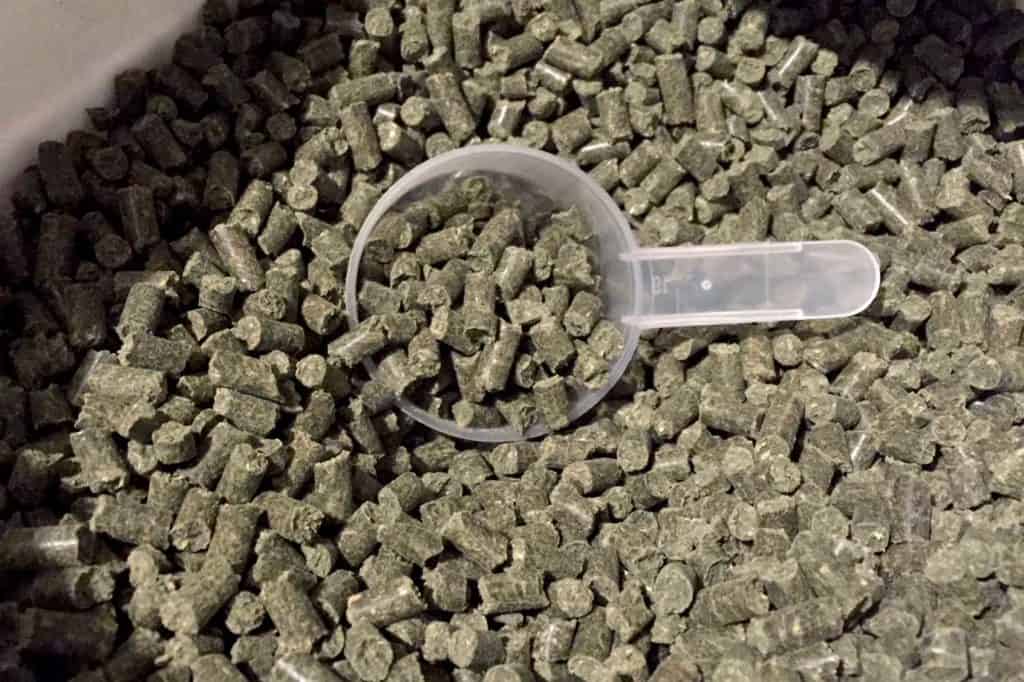
Helping Clients Navigate Equine Supplements: The Veterinarian’s Role
Veterinarians can guide horse owners in choosing supplements by assessing diet first, identifying the horse’s needs, and then recommending evidence-based ingredients.
Proper feeding practices for foals, adult horses, and older horses

Veterinarians can guide horse owners in choosing supplements by assessing diet first, identifying the horse’s needs, and then recommending evidence-based ingredients.

Learn which calming supplement ingredients work and things to consider before choosing or administering a product to your horse.

Use SMART supplementation strategies and the ACCLAIM system to find a quality product.

Scientists are studying the safety, efficacy, mechanisms of action, and pharmacokinetics of equine nutritional supplements.

Your horse needs essential nutrients from the diet to stay healthy. An equine nutritionist explains how to meet those needs through proper feeding.

Horses need a variety of minerals in their diet to support basic system function and overall health. Find out how to be sure your horse is getting them.

Equine metabolic syndrome (EMS) is a metabolic disorder in horses that can cause obesity, insulin dysregulation, and laminitis. Sponsored by Equithrive.

Researchers continue to learn how the components of a horse’s diet can help battle inflammation. Learn more in The Horse‘s 2025 Older Horse Issue.

Does your old horse need additional vitamin supplementation in his later years? An equine nutritionist explains what you can do to ensure your senior horse receives proper nutrition.

The latest research-based recommendations on managing equine metabolic syndrome and insulin dysregulation. Sponsored by Equithrive.

Here’s why you should consider how closely horses graze, along with compost, water, and rest to cultivate healthy soil in horse pastures.

Abruptly putting a horse on pasture can lead to colic or laminitis. Here’s advice to help avoid health problems.

Find out how to make the weaning transition smoother for foals by meeting their nutritional needs.

Horses with cellulitis need medical intervention from a veterinarian, but these efforts can be supported through a balanced diet. Here’s why.

These 5 steps can help you prevent and eliminate odors on your farm and create a cleaner space for your horses.

One reader wants to know how she can manage her metabolic horse that is also prone to gastric ulcers. Here’s what she should consider.
Stay on top of the most recent Horse Health news with
"*" indicates required fields